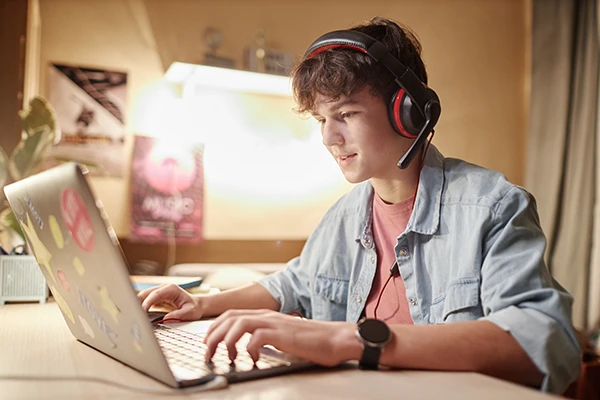News
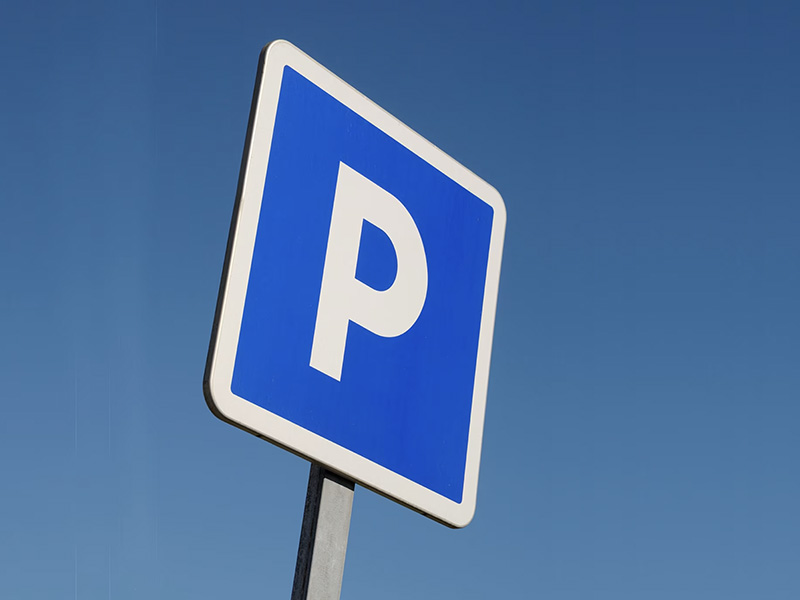
This is a reminder that the Automated parking enforcement system, using ANPR (Automatic Number Plate Recognition) at our London Road Campus, will go live from Monday, 22 September.
Read more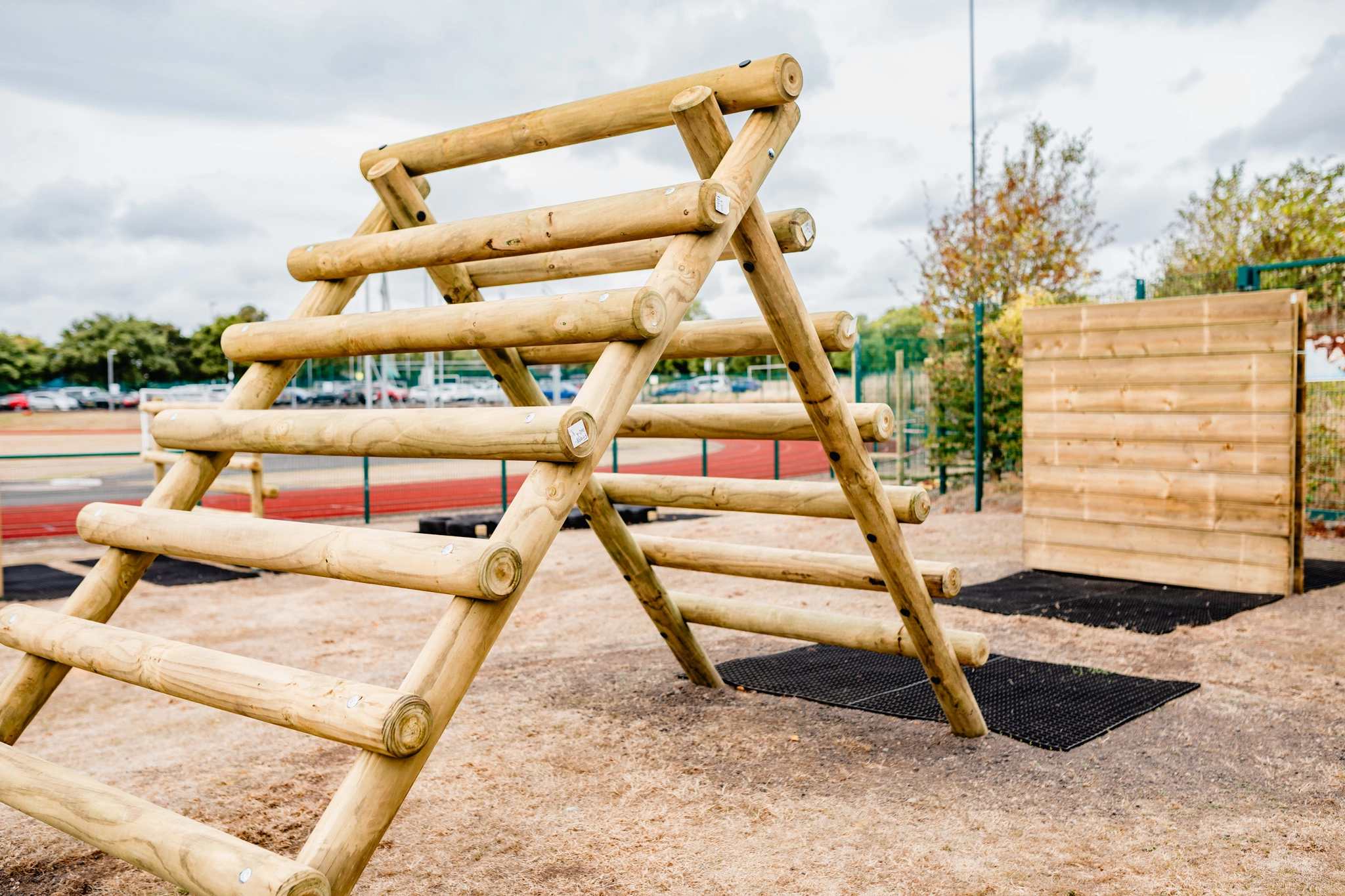
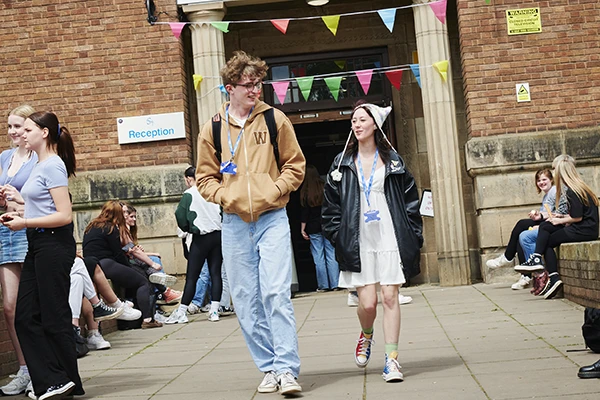
We are delighted to welcome back all our students to the new academic year at Shrewsbury College. We hope you had a restful and enjoyable summer break.
Read more
Shrewsbury College is proud to celebrate the exceptional results of its students in this year’s A Level, T Level, BTEC and vocational qualifications.
Read more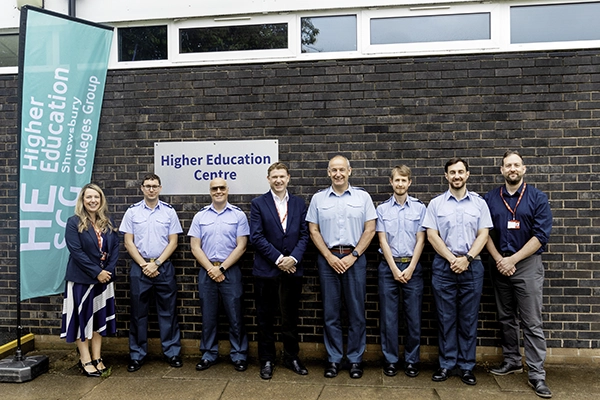
Shrewsbury College and RAF Shawbury Forge Innovative Partnership to Develop Military Trainers.
Read more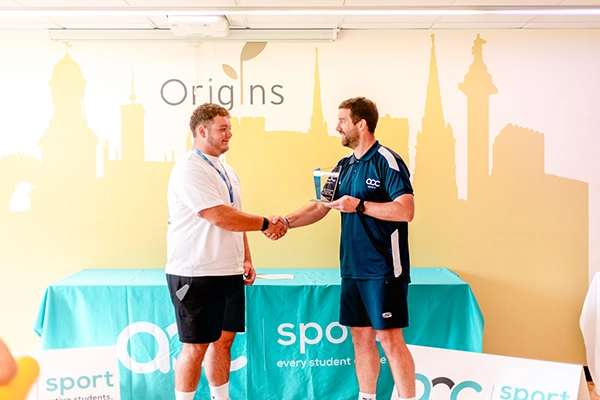

Hear first hand how our graduates are shaping their futures right here at home. Discover real stories and see how university-level study at Shrewsbury Colleges Group could be your next move.
Read more
Shrewsbury Colleges Group have announced arrangements for exam and assessment results for the summer of 2025.
Read more